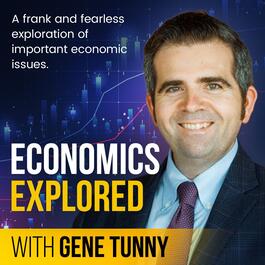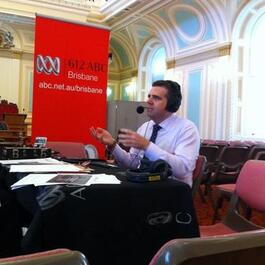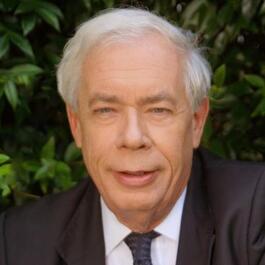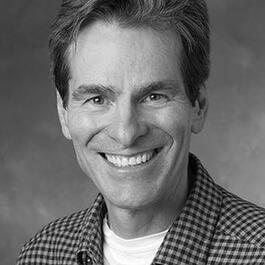
Economics Explored
Hard-headed economic analysis applied to important economic, social, and environmental issues.
Show episodes

Why Roman Interest Rates Collapsed After Augustus Won | Fertility Economics Questions Answered | Friedman & Reagan on the Gold Standard – ep 304
Gene responds to thoughtful listener feedback on record-low fertility rates and explores why childcare, IVF, and returning to work for fortysomething mothers can be so economically challenging. He then travels back to ancient Rome to unpack a curious moment after Augustus’s victory over Antony and Cleopatra, when treas
Gold has doubled in price in less than two years—so what exactly is happening? Gene Tunny and John Humphreys break down the economic and geopolitical forces driving the surge, from inflation fears and rising global debt to BRICS nations buying massive amounts of gold. The conversation also explores whether a new gold-b
“Make things again” — it’s a powerful slogan. But what does it really mean for Australia’s economy, workers, and national security? Show host Gene Tunny and Australian Taxpayers’ Alliance Chief Economist John Humphreys dig into the heart of the debate, from the politics of nostalgia to the realities of automation and g
Venture capitalist Aman Verjee joins Gene Tunny to explore whether artificial intelligence is fuelling the next great economic bubble. Drawing lessons from history—from the 1840s railway boom to the 1990s dot-com surge—Aman argues that even frothy markets can spark long-term progress. The conversation also covers AI’s
Australia’s fertility rate is now at a record low of 1.48 babies per woman. Gene Tunny and John Humphreys discuss the sharp fall in fertility rates worldwide and what it means for Australia’s economy and society. They explore how declining birth rates threaten our economy, government budgets, and social cohesion, and w
Shutdowns are back—and Gene delves into the reasons, ramifications, and rhetoric. This episode examines the latest U.S. government shutdown, its potential to outlast previous ones, and whether it could signal deeper structural changes—or just more political theatre. Gene would love to hear your thoughts on this episode





